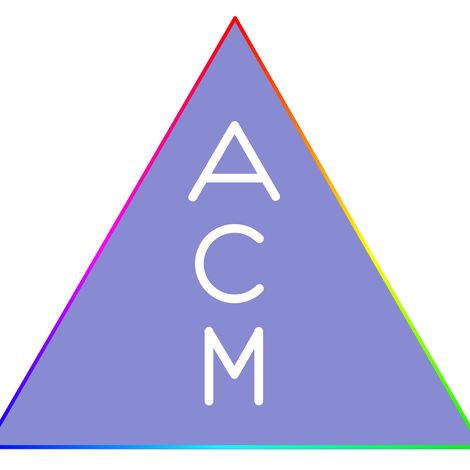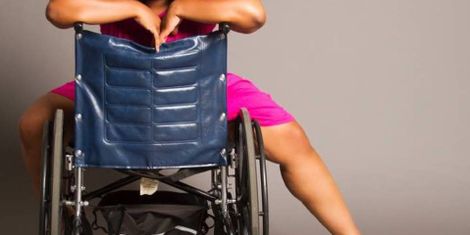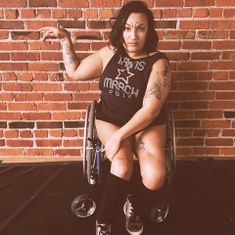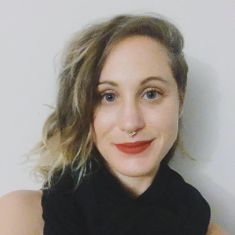Access-Centered Trauma and Pain Healing Workshops




We are a collective of multiracial, disabled, queer movement teachers and healers who work to make movement spaces more accessible to people with disability and chronic illness by shifting which kinds of bodies, minds, and movements are valued in yoga, exercise, meditation, dance, and healing spaces.
In our culture, there is an assumption that disabled people either do not want to or cannot engage in movement-based activities and healing. Yet access to somatic movement is necessary for all people process trauma, and being excluded from these settings systematically isolates and traumatizes an already vulnerable population. Through education, outreach, and “Access-Centered” programming, we utilize a Disability Justice framework (founded/led by disabled queer POC) to address the overt exclusion of disabled people from spaces where we move our bodies.
Many spaces and events that are advertised as “accessible” or for “all bodies” are led by abled people that are not doing the work necessary to be accessible for different types of disabilities. To change this, Access-Centered Movement has a threefold plan: firstly, to offer Access-Centered and Trauma-Informed workshops to people in our community so that we can have safe(r) space to move our bodies, supplying ourselves with comprehensive tools that we can take home to aid our self-care and healing practices and supplementing the lack of institutional support. Secondly, to offer somatic-movement training to sick and disabled folks to shift ableist paradigms and support the development of disabled teachers. This training will be a 20-hour certificate program, centering queer and BIPOC folks with disabilities, and will be sliding scale with no disabled person turned away for lack of funds. Thirdly, to offer workshops and trainings to body-movement studios, educational institutions, medical and healing centers, and meditation institutes that unknowingly center abled people and systematically exclude our community.
What our grantee is saying: "The most challenging part of our mission to create Access-Centered space is the disconnect between getting the resources we need to meet a diverse array of access needs and the reality that three low income, multiracial, disabled queers have little access to said resources. Receiving the Awesome Disability grant means that we can center access in a way we have not been able to, giving us the opportunity to create radically inclusive space where our community, multiply marginalized folks with disabilities, can access movement, trauma healing, and safe space in a way we have not been able to before."